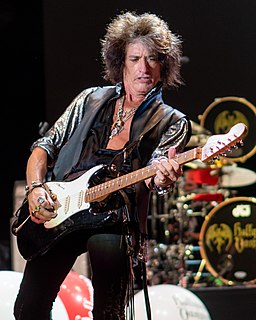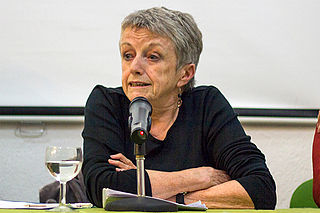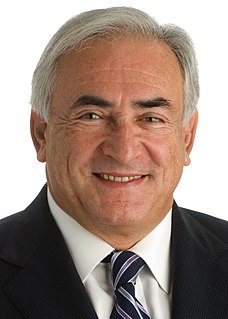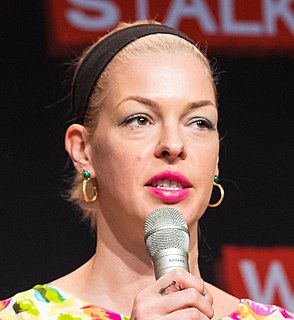A Quote by Gordon Brown
Every country is going to have to face up to globalisation, but Scotland has got a unique capacity because of its history as part of a multinational state to help us deal with that problem.
Related Quotes
We have to do something about the cartels. I did talk to [Enrique Peña Nieto] about it. I want to help him with it. I think he's a very good man. We have a very good relationship.He seemed very willing to get help from us because he has got a problem, and it's a real problem for us. Don't forget those cartels are operating in our country. And they're poisoning the youth of our country.
I have put together resources from the private and philanthropic communities to help provide a bridge because you've got to get the federal money. You've got to get the state money, but I'm going to do everything I can. And I will be with Flint all the way through this crisis in whatever capacity I am.
It's so important for people to pay attention to history and learn from it, because it's the only thing we've got that's going to help us figure out where we are going. Especially the way things are manipulated in the press today. You have to sort through so much stuff to figure out what is real and what is not. It gets harder every day.
Incidentally, I don't think there is a non-adjectival 'globalisation'. What we have now is a particular form: dominated by finance and multinational corporations and by a rhetoric (though not a reality) of 'free trade' and market forces. So I'm not a localist. I'm an internationalist, but one who believes (a) that such a thing is really only possible through a prior grounding and (b) that the terms of our present globalisation have to be challenged politically.
I've not hidden and I'll never hide the fact that I want Scotland to be an independent country. But as long as we're part of the Westminster system, it's really important to people in Scotland that we get good decisions coming out of Westminster. So we've got a vested interest in being a constructive participant.
We're not going to get the jack-booted thugs stomping on a human face that you get in '1984' but we might get the 'Brave New World' where the biggest problem there is how to deal with the fact that everyone is so happy...[W]hat we're going to get is a nanny-type of fascism, if we get one at all...[S]imply because the nanny-state wants to hug you doesn't mean it's not tyrannical if you don't want to be hugged.
Clearly, there needs to be an increase in the capacity of the railway system. That's why there are these projections of increasing the capacity to carry freight on the railways by 30% over the next five years or so, because the volume of goods moved up and down, imports, exports, and within the country, has grown much larger than the capacity. And this is part of the higher costs to business, because charges, for instance, at the ports become too high and they put up the prices of these goods, whether they are imports or exports. You want to reduce that.
Iran is not in any sort of routine groupings. It's not an Arab country. It's not part of the Indian subcontinent. So it's in a neighborhood where it has some unique characteristics. We are a country which embraced Islam, learned Arabic, but didn't change its language or its culture... That's what keeps us unique.































